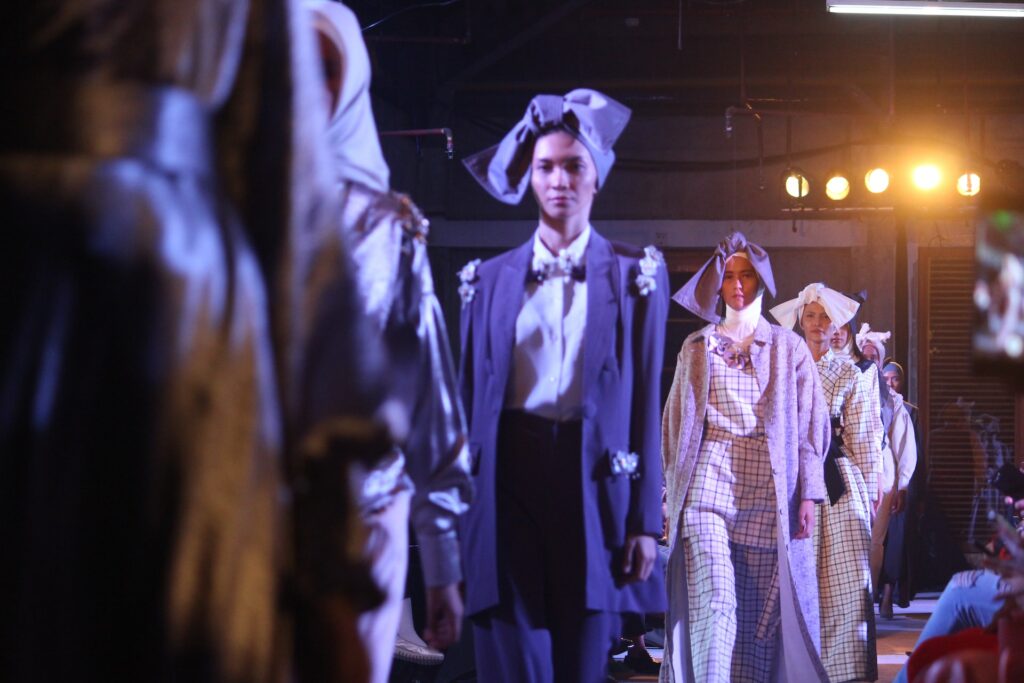


16 September, 2022
With New York Fashion Week on the horizon, the fashion industry is once again in the spotlight.
Organisers have renewed their pledge to achieve net zero by 2050, but the industry continues to face many challenges in pursuit of ‘sustainable fashion’. One of these caught our eye this week in a New York Times article on the impact antitrust regulations might have on sustainability efforts in the industry.
The fashion industry is notorious for its negative social and environmental impact, known for facilitating poor working conditions, and producing between 2-8% of global carbon emissions. Huge amounts of waste are generated by the industry with ever-changing cycle of fashions encouraging consumers to constantly update their wardrobes to keep up with the most recent trends. Encouragingly, fashion designers and retailers have begun to collaborate to combat overconsumption, coming together to sign an open letter to call for changes to sales periods and discounts.
However, these well-meaning efforts could inadvertently be breaking the law. Recently, accusations of a violation of antitrust rules, designed to protect consumers by restricting competitor collaboration, have arisen, with EU regulators conducting a series of raids on the signatories of the open letter. While the importance of protecting consumers from collusive activities is a given, collaboration is one of the most important tools in the sustainability toolbox, and enforcing outdated rules that prevent its use in pursuit of sustainability is so last season.
To keep up with the latest trends, a careful rethink of antitrust rules may be needed to protect consumers while allowing for progress towards environmental and social sustainability goals.
By Lucy Bell